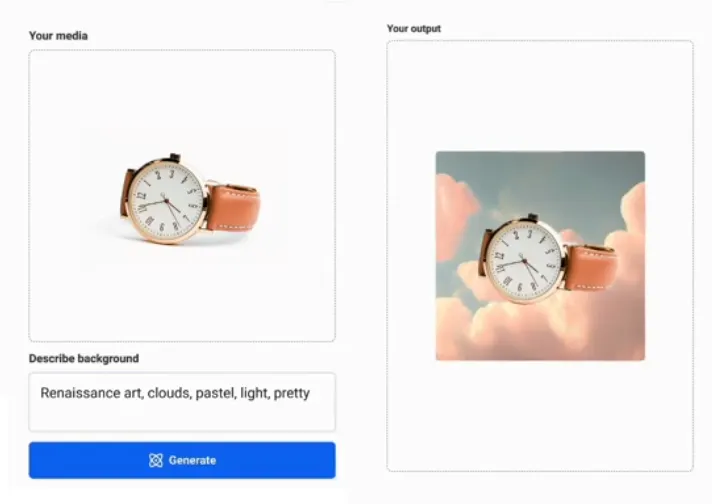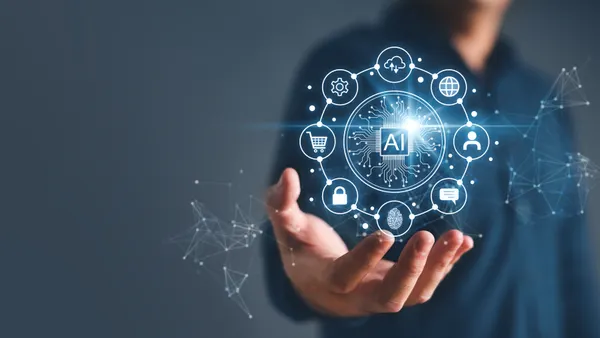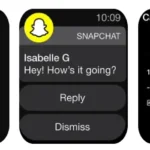Meta is taking a major step forward in advertising technology. The company plans to launch fully automated AI-powered ads by 2026, allowing businesses to launch entire campaigns by simply entering their website URL. From there, Meta’s artificial intelligence will generate creatives, determine targeting, and manage ad performance—without any manual input.
🚀 A Glimpse Into Meta’s AI Advertising Future
According to a recent report by The Wall Street Journal, Meta is building a system where businesses upload a product image and budget, and Meta’s AI handles everything else. This includes creating imagery, writing copy, producing videos, and selecting the ideal audience across Facebook and Instagram.
The same report reveals that Meta’s ad platform will also tailor versions of each promotion in real time. This personalization will depend on user location, behavior, and other contextual signals—maximizing relevance with each impression.
While this may seem like breaking news, it’s actually part of a strategy Meta has been openly sharing for quite some time.
🧠 Meta Has Been Building This Vision for Years
Even back in 2023, Meta showcased its AI-powered ad capabilities. It highlighted tools like text variation and background customization, built to adjust ad content based on performance data. These options were just the beginning of its broader AI automation vision.

The Wall Street Journal has shared new insight into Meta’s broader AI automation plans, which are based on the company’s evolving AI systems, and their capacity to produce better results than humans.
In October last year, Meta published data comparing its Advantage+ campaigns against human-managed campaigns. The results showed AI-led ads consistently outperforming manual strategies. That led Meta to reduce its detailed targeting options, giving AI more freedom to learn and adapt on its own.
By March, Meta had further expanded its AI toolset. It explained how different AI systems—responsible for creative generation, targeting, and budgeting—now work together to improve campaign outcomes across platforms.
Then, earlier this month, Meta CEO Mark Zuckerberg spoke to Ben Thompson of Stratechery about this evolving model. He said:
“We’re going to get to a point where you’re a business, you come to us, you tell us what your objective is, you connect to your bank account, you don’t need any creative, you don’t need any targeting demographic, you don’t need any measurement, except to be able to read the results that we spit out. I think that’s going to be huge—it’s a redefinition of the category of advertising.”
📅 Why 2026 Is the Target Year
This week’s update introduces one new element: Meta has now set 2026 as its official target for fully enabling these systems. It’s not a deadline to stop human-created ads altogether, but it does signal when the fully AI-powered infrastructure should be live and ready for widespread use.
🤖 What Does This Mean for the Advertising Industry?
This shift presents significant implications for marketers and creatives. On one hand, AI-driven systems can analyze billions of ad data points to optimize performance—something humans simply can’t match in scale or speed.
On the other hand, this doesn’t signal the end of human involvement in marketing.
While Meta’s AI will handle creative development, targeting, and budgeting, human oversight will remain critical. Professionals will still be needed to:
- Define high-level brand strategy
- Guide creative tone and messaging
- Monitor ethical and legal implications
- Manage AI inputs and outputs
🧩 The Future Role of Marketers in an AI World
Although these systems reduce the need for manual input, marketers must now focus on understanding AI tools, how they operate, and how to enhance their effectiveness. The best results will come from pairing AI automation with human creativity and vision.
AI might generate ad visuals and text, but it lacks emotional depth, storytelling nuance, and cultural sensitivity—areas where humans still excel.
Far from making marketers obsolete, Meta’s automated ad future offers a chance to elevate human-centered branding and strategic thinking.
📌 Final Takeaway
Meta’s plan for fully AI automated ads by 2026 represents a groundbreaking shift in digital marketing. Businesses will soon be able to create entire ad campaigns in seconds. However, the future of marketing will still require human creativity, brand authenticity, and oversight to make AI truly effective.




